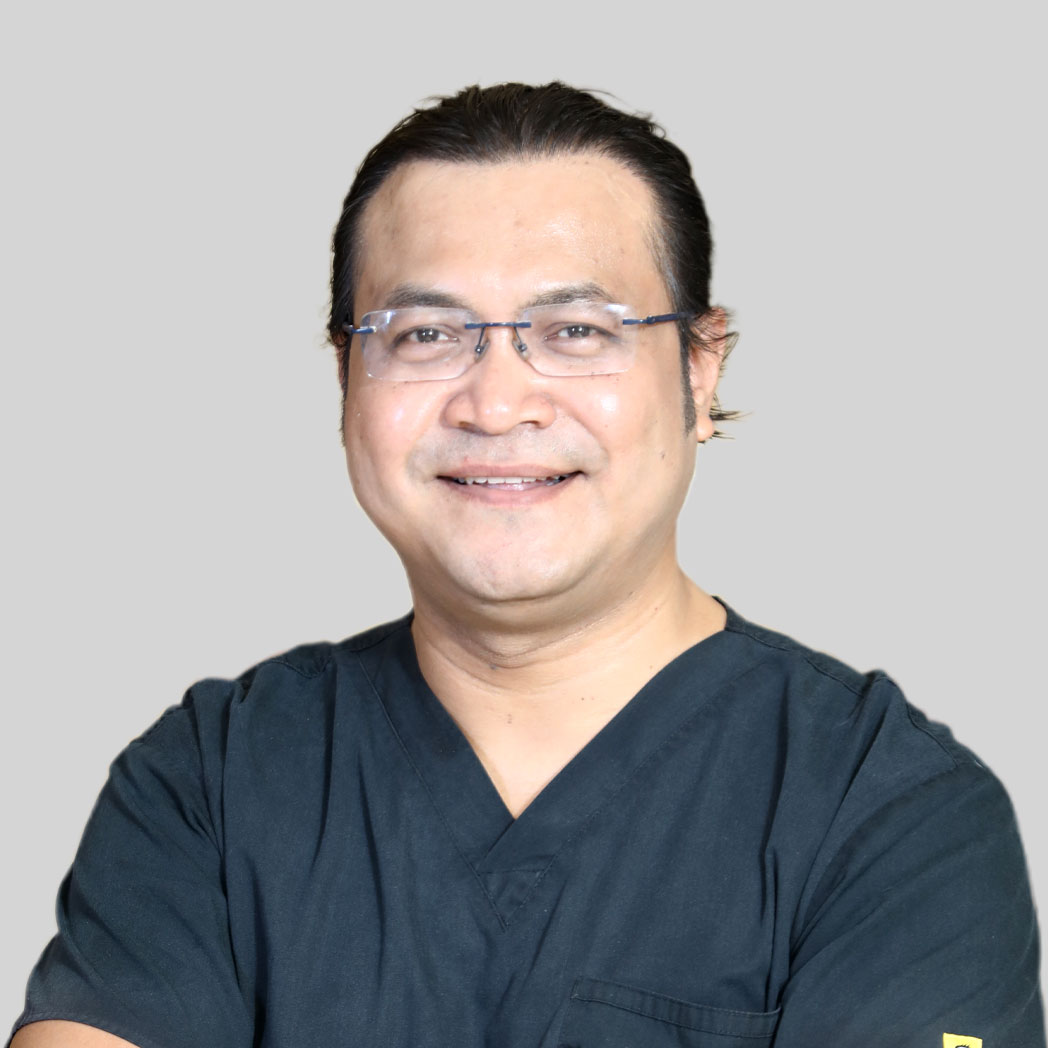How post-procedure care affects Hair Transplant Results: Best Practices
Dr. Kuntal Deb Barma, Medical Director DHI India Did you know that good hair transplant surgery is not just about an experienced doctor? It also largely depends on the post-procedure care. How patients will treat their

Dr. Kuntal Deb Barma, Medical Director DHI India
Did you know that good hair transplant surgery is not just about an experienced doctor? It also largely depends on the post-procedure care. How patients will treat their scalp after the procedure will affect hair growth, the follicles’ survival, and aesthetic outcomes. Good recovery practices are needed for each patient’s success in hair transplant surgery. Following these instructions can help any person get successful results and a hairline that appears entirely natural. This article suggests some important post-surgical care methods that could affect the outcome of hair transplant surgery.
1. Follow Instructions from the Surgeon
The most important rule regarding post-transplant care is to follow the surgeon’s instructions. These guidelines have been designed for specific individual surgeries and patient needs. They typically include instructions for taking care of the transplant area, managing any swelling, taking the prescribed pain and antibiotic medications, and avoiding certain activities. Adhering to these specified points will avoid complications and support faster healing.
2. Keep the Scalp Clean and Hydrated
After a hair transplant procedure, patients’ scalps become sensitive, and to avoid infection, proper hygiene should be maintained. Some surgeons recommend shampoos like paraben and sulfate-free to wash the head after the procedure. Direct water pressure should initially be avoided in the transplanted areas, and gradually normal washes can be used as per the directions.
Early on, it is also helpful to keep the scalp well hydrated. External products may be applied, such as soothing ointments or serums prescribed by the surgeon, which will help to avoid dry or scab development. Additionally, moisture will generally ensure the health of the grafts while speedy healing.
3. Minimize Physical Activity
In the first few weeks after the procedure, intense physical activity should be avoided. Exercise, heavy lifting, or any activity that increases blood flow to the head may lead to unnecessary swelling and disruption of the newly implanted follicles. This is particularly important during the initial recovery period when the grafts are delicate and vulnerable. Most surgeons recommend refraining from rigorous exercise for at least two weeks post-hair transplant procedure.
4. Protect the Scalp from Sun Exposure
Direct exposure to the sun can cause irritation, scarring, and poor healing, which may hinder hair growth. To prevent this, one should wear a loose hat or head covering when going outdoors during the initial months after the procedure.
5. Avoid Touching or Scratching the Transplanted Area
It’s normal to experience some itching or discomfort after a hair transplant. However, it’s essential not to scratch or pull the skin of the transplanted area, as this can dislodge the grafts or cause infections. If itching is intense, it should be discussed with the surgeon; they may suggest soothing treatments to alleviate discomfort without risking damage to the new follicles.
6. Follow a Healthy Diet and Lifestyle
Nutrition plays a key role in the healing process and in supporting hair growth. A well-balanced diet rich in vitamins, minerals, and proteins will aid in tissue repair and promote healthy hair growth. Some surgeons recommend specific supplements, like biotin or zinc, to support the health of the hair follicles.
Additionally, managing stress and getting adequate sleep will help the body to heal faster and improve the chances of new hair taking root. Stress can disrupt the hair growth cycle, so it’s essential to incorporate stress-relieving activities into your post-procedure routine.
The process of undergoing a hair transplant does not end with the procedure itself. Post-operative care is equally important to maintain optimal density and provide long-lasting natural results. Following these best practices—keeping the scalp clean, minimizing physical activity, protecting from sun exposure, and maintaining a healthy lifestyle—can significantly improve the outcome of the hair transplant procedure. The process of hair growth is gradual, so don’t expect miracles right away. But with the right approach, you can achieve a fuller and more vibrant mane.






